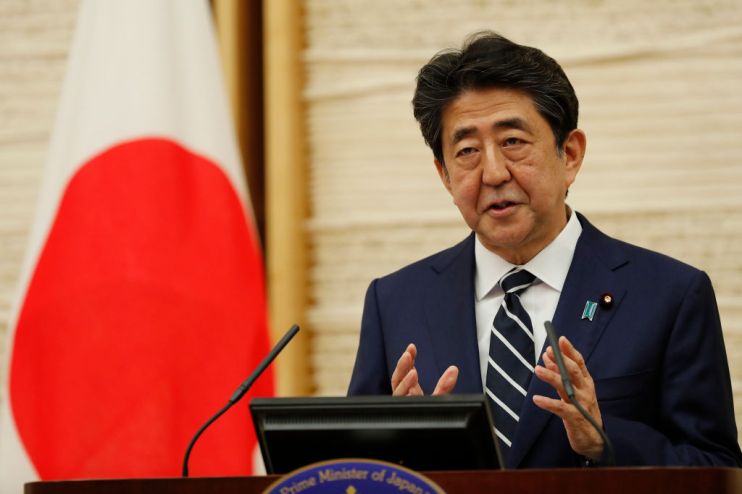Japan’s economy shrinks at record pace as coronavirus wipes out ‘Abenomics’ gains

Japan was hit by its biggest economic contraction on record in the second quarter as the coronavirus pandemic crushed consumption and exports, keeping policymakers under pressure for bolder action to prevent a deeper recession.
The third straight quarter of declines knocked the size of real gross domestic product (GDP) to decade-low levels, wiping out the benefits brought by Prime Minister Shinzo Abe’s “Abenomics” stimulus policies deployed in late 2012.
While the economy is emerging from the doldrums after lockdowns were lifted in late May, many analysts expect any rebound in the current quarter to be modest as a renewed rise in infections keep consumers’ purse-strings tight.
“The big decline can be explained by the decrease in consumption and exports,” said Takeshi Minami, chief economist at Norinchukin Research Institute.
“I expect growth to turn positive in the July-September quarter. But globally, the rebound is sluggish everywhere except for China.”
The world’s third-largest economy shrank an annualised 27.8 per cent in April-June, government data showed on Monday, marking the biggest decline since comparable data became available in 1980 and slightly bigger than a median market forecast for a 27.2 per cent drop.
While the contraction was smaller than a 32.9 per cent decrease in the United States, it was much bigger than a 17.8 per cent fall Japan suffered in the first quarter of 2009, when the collapse of Lehman Brothers jolted global financial markets.
The size of Japan’s real GDP shrank to 485 trillion yen, the lowest since April-June 2011, when Japan was still suffering from two decades of deflation and economic stagnation.